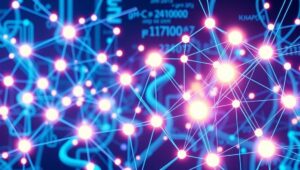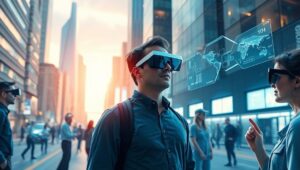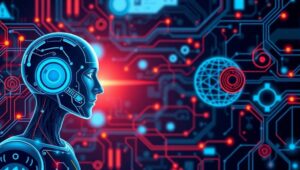Solving Unsolvable Problems: Quantum’s Promise for 2030
Solving Unsolvable Problems: Quantum’s Promise for 2030 Quantum computing, once a theoretical dream, is rapidly approaching practical application. By 2030, it’s poised to revolutionize fields grappling with computationally intractable problems. Let’s delve into the transformative potential of quantum computing and explore the challenges and opportunities that lie ahead. What Makes Quantum Computing Revolutionary? Classical computers store information as bits representing 0 or 1. Quantum computers leverage qubits. Qubits exploit quantum mechanical phenomena like superposition and entanglement. Superposition allows a qubit to exist in a combination of 0 and 1 simultaneously, vastly expanding computational possibilities. Entanglement links two qubits, such that





